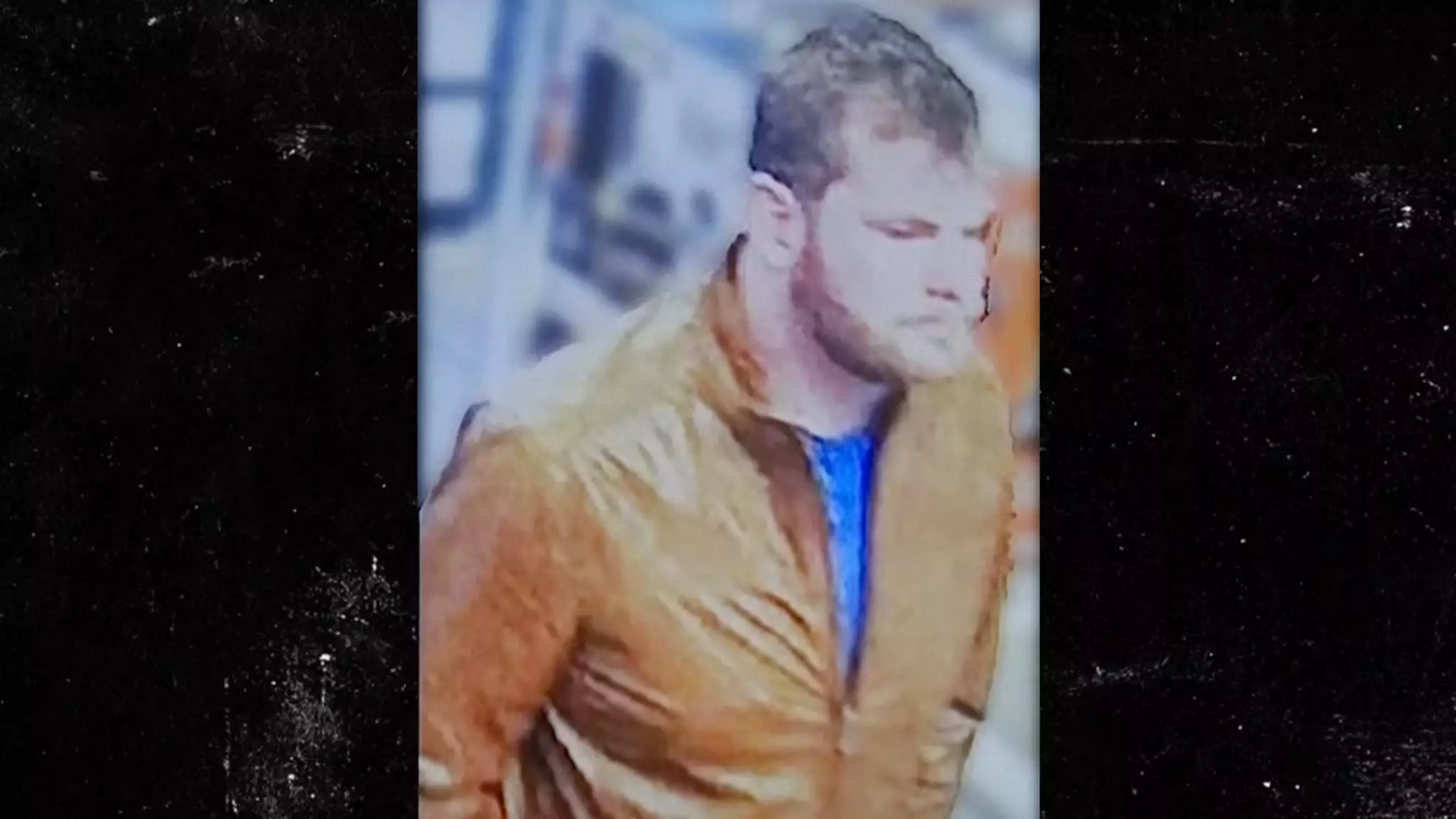The case of Matthew Livelsberger, an Army Special Forces soldier who detonated his Tesla Cybertruck outside the Trump Hotel in Las Vegas, invites a thorough examination of the complexities surrounding mental health and political expression. While the initial shock of such a spectacle might prompt reactions of horror or condemnation, it is essential to delve deep into the underlying psychological struggles and the motivations behind Livelsberger’s drastic actions.
Livelsberger’s revelation about his struggle with PTSD, as shared in a recently released letter from the Clark County Nevada Sheriff’s Department, paints a picture of a man caught in a tempest of internal and external conflicts. He explicitly stated that the incident was not a terrorist act but rather a “wake-up call.” This assertion exposes the chasm between the gravity of his actions and the context in which he attempted to communicate his frustrations.
The juxtaposition of Livelsberger’s identity as a staunch Trump supporter with his choice of an Elon Musk vehicle as a vehicle for his statement raises significant questions. On the surface, it may appear contradictory, given the cultural and political divides that often characterize discussions around Trump and Musk. However, this anomaly might be indicative of a broader disillusionment with the state of American leadership. In his letter, Livelsberger referred to a sense of urgency, arguing that the nation is suffering from “weak and feckless leadership.” His call for awakening resonates with a sense of desperation among certain segments of the population, particularly veterans who feel overlooked and abandoned by the political system they once fought to protect.
Livelsberger’s narrative sheds light on the darker side of political activism that is often overshadowed by the actions of extremists and genuinely aggressive entities. His struggle with PTSD reflects a broader trend where individuals who have served in the military often face significant inner demons long after their active duty has ended. The psychological wear and tear manifested through his actions symbolize an extreme cry for help, illustrating how mental health can influence public expressions of dissent.
Furthermore, Livelsberger’s declaration of wanting to “cleanse” his mind conveys a profound disquietude rooted in personal trauma. The reference to “the burden of the lives I took” underscores the heavy psychological toll veterans may endure, which is compounded by social isolation and a perceived lack of understanding from the civilian population.
Livelsberger’s explosive act, while tragically misguided, stirs a necessary dialogue about the urgent need for societal awareness concerning mental health, especially among veterans. His desperate attempt to incite change through violent means underscores the failures within systems designed to support and rehabilitate those who serve. It opens a critical discussion about how society perceives and addresses the mental healthcare needs of individuals grappling with trauma.
While Matthew Livelsberger’s actions may evoke fear and disdain, they simultaneously unveil a stark truth about the neglected voices of veterans and the intersection of mental health and political expression. As a society, we must endeavor to engage with these complex narratives compassionately and intelligently, ensuring that no soldier feels compelled to resort to extreme measures to be heard.

